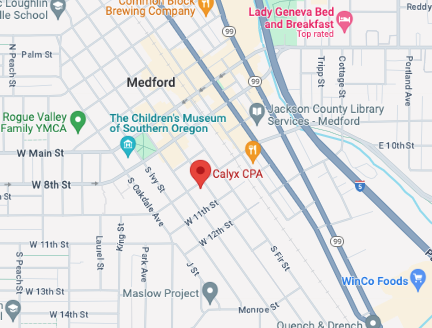
When will Marijuana be rescheduled? Chat GPT’s Prediction!
Author Chat GPT 06/21/2024
As we stand on the cusp of a historic shift in U.S. drug policy, the potential rescheduling of cannabis from Schedule I to Schedule III is a topic of significant interest and debate. Here, I leverage the power of ChatGPT, an advanced language model developed by OpenAI, to explore the current process, provide an estimated timeline, and predict when this monumental change might occur.
The Power of ChatGPT
ChatGPT is an extraordinary tool designed to assist with a wide range of tasks, from generating text to answering complex questions. It harnesses the power of deep learning to understand and generate human-like text based on the input it receives. As the author of this blog post, ChatGPT has delved into various sources, analyzed the data, and provided a comprehensive overview of the cannabis rescheduling process. This cutting-edge technology enables us to stay informed and make educated predictions about significant regulatory changes.
The Rescheduling Process
The process to reschedule cannabis officially began on May 16, 2024, when the Attorney General submitted a notice of proposed rulemaking to the Federal Register. This initiated a formal rulemaking process involving several key steps:
Public Comment Period: Once the proposed rule is published, there is a 60-day public comment period during which stakeholders and the general public can submit their opinions and evidence. This period is crucial for gathering diverse perspectives on the proposed change (JD Supra) (Home | Holland & Knight) (Marijuana Moment).
Administrative Hearings: Following the comment period, the DEA may hold administrative hearings if requested by interested parties. These hearings are similar to federal bench trials, involving expert testimonies and detailed reviews of the evidence presented. This phase can significantly extend the timeline, often taking several months (JD Supra) (Marijuana Moment).
Review and Final Rule: After the hearings, the DEA will review all comments and evidence before drafting the final rule. This draft must then be reviewed by the Office of Management and Budget (OMB) and submitted to Congress for a 60-day review period, as required for major rules. This step ensures that the rule undergoes thorough scrutiny before implementation (JD Supra) (Marijuana Moment).
Implementation: Assuming no significant delays or objections, the final rule can be implemented after the Congressional review period. Historically, rescheduling processes can take anywhere from several months to over a year, depending on the complexity and volume of input received (Justice) (Vicente LLP) (Marijuana Moment).
Potential Timeline
Given the expedited nature of recent political and public interest in cannabis reform, it is possible that the rescheduling process could be completed within a year. However, considering the possibility of administrative hearings and extensive public comments, the timeline might extend beyond this optimistic estimate. Comparisons with previous rescheduling efforts, such as hydrocodone combination products, suggest that a final rule could be in place by the end of the second quarter of 2025 (JD Supra) (Vicente LLP) (Marijuana Moment).
Prediction: Based on the current pace and historical precedents, ChatGPT predicts that the rescheduling of cannabis to Schedule III will be finalized on July 1, 2025.
Current Debates and Challenges
The proposal to reschedule cannabis has faced significant opposition from various former DEA officials and Republican state attorneys general. These groups have requested public hearings, arguing that rescheduling would have far-reaching implications and requires a thorough review. They contend that rescheduling could undermine federal efforts to combat drug trafficking and contribute to increased drug abuse (Marijuana Moment) (Marijuana Moment).
On the other hand, proponents of rescheduling argue that it aligns federal policy with the growing acceptance of cannabis for medical use across many states. They highlight the potential benefits, such as removing barriers to research and allowing cannabis businesses to take standard business deductions, which are currently prohibited under IRS Section 280E (Marijuana Moment) (Marijuana Moment) (Marijuana Moment).
Conclusion
The rescheduling of cannabis to Schedule III marks a pivotal moment in U.S. drug policy, reflecting changing societal attitudes and scientific understanding of cannabis. While the process is complex and faces significant hurdles, the move could ultimately pave the way for more comprehensive cannabis reforms in the future.
As this process unfolds, it is crucial for stakeholders to stay informed and engaged, ensuring that all perspectives are considered in shaping the future of cannabis regulation in the United States.
For more detailed updates and to participate in the public comment process, visit the Federal Register and DEA websites. Stay tuned to platforms like Marijuana Moment for ongoing coverage and analysis of this critical issue.















